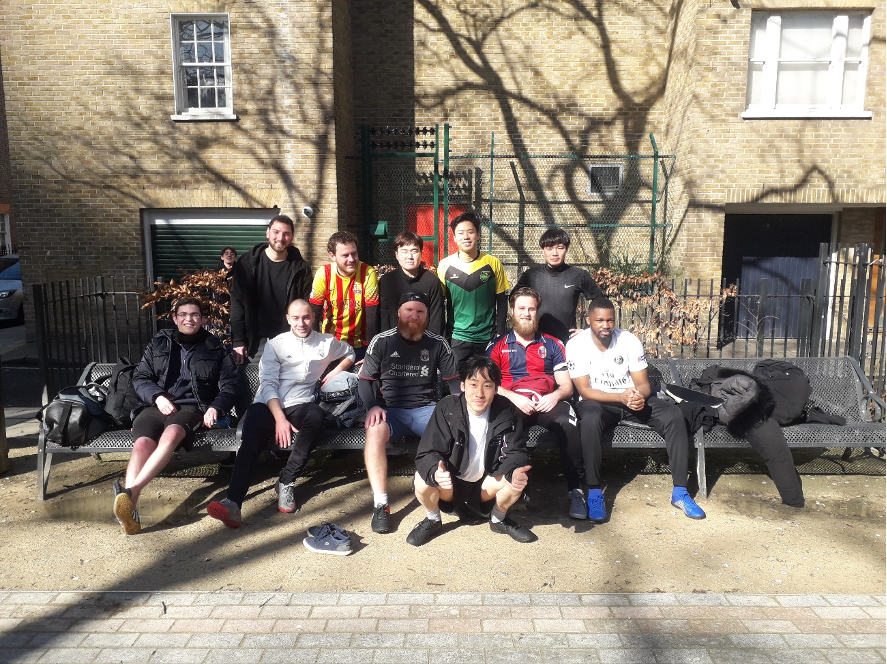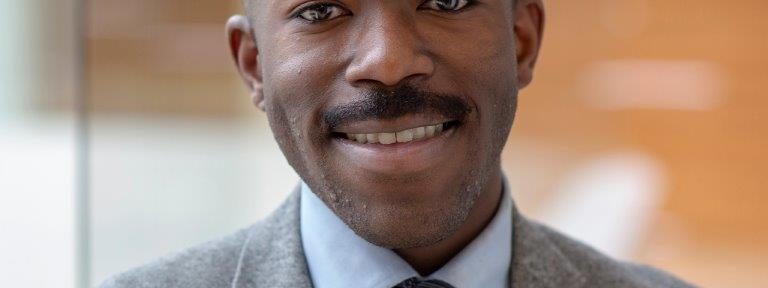Janos Bato, BSc Business student, aged 19, is working as an operations analyst whilst studying. In this blog, he delves into his experiences of working whilst studying at Birkbeck, how he found moving to London, and his ambitions for the future.
Daytime freedom
I wanted to find a university where I could have freedom in the day to work, and discovered Birkbeck, which was the perfect option. When I started my degree, I joined a property management company as an operations assistant, and have since been promoted twice within a year to my current role of an operations analyst. I’m developing analytical skills, problem solving, and time management skills through this role, which is setting me up well for the future.
Funding my lifestyle
Financially, working whilst studying has really helped me fund my lifestyle and education. I often use my earnings to buy new books and enrol on courses, for example in the last few months I’ve been learning about programming, and I’ve invested in books about how to set up start-ups. I’m heavily investing in learning about tech because it’s going to be a driving force in the future.
Birkbeck set me up with a mentor from Goldman Sachs
Being mentored by a senior person in such a prestigious company has taught me a lot about professionalism and how to advance my career. It was a six-month programme, but I’ve kept in touch with my mentor and have been to the Goldman Sachs office several times. It inspired me to apply to be a Birkbeck mentor and support someone else so I’m currently mentoring a first year Birkbeck student. I also signed up to be the Business course representative as I’m trying to gain as many experiences as I can. The academics are really helpful and encourage students to be interactive in classes, so I want to help this process and assist in creating a course that is shaped on the needs of students.
I found it easy to settle in London
I moved to London in 2021 into student accommodation. I was surrounded by students from many different countries, and I found everything was on my doorstep. I always recommend studying abroad to others – it’s an amazing opportunity that provides you with new experiences and the chance to meet new people and learn about different cultures.
London is a haven for learning about perspectives
As London is such a metropolitan city, I’m gradually learning how other people view the world. I was born in Hungary and went to an International School in Moscow for my A levels, so I’m used to living in different places. The more I travel, the more I learn. One of my goals is to not stay rooted in one country in the future. I always want to roam around and move from one place to another.
My ultimate goal is to run my own business in the future
My plan is to build a product or service that benefits society. For example, I think there’s a need for a social media platform where people can fact-check what’s true and what’s not, as well as access useful information that elevates them as professionals and individuals. But I don’t think I can really plan ahead too much as the business landscape is always changing. Once I’m in a position to start my own business, I’ll figure out what I’ll do then.
Further information











